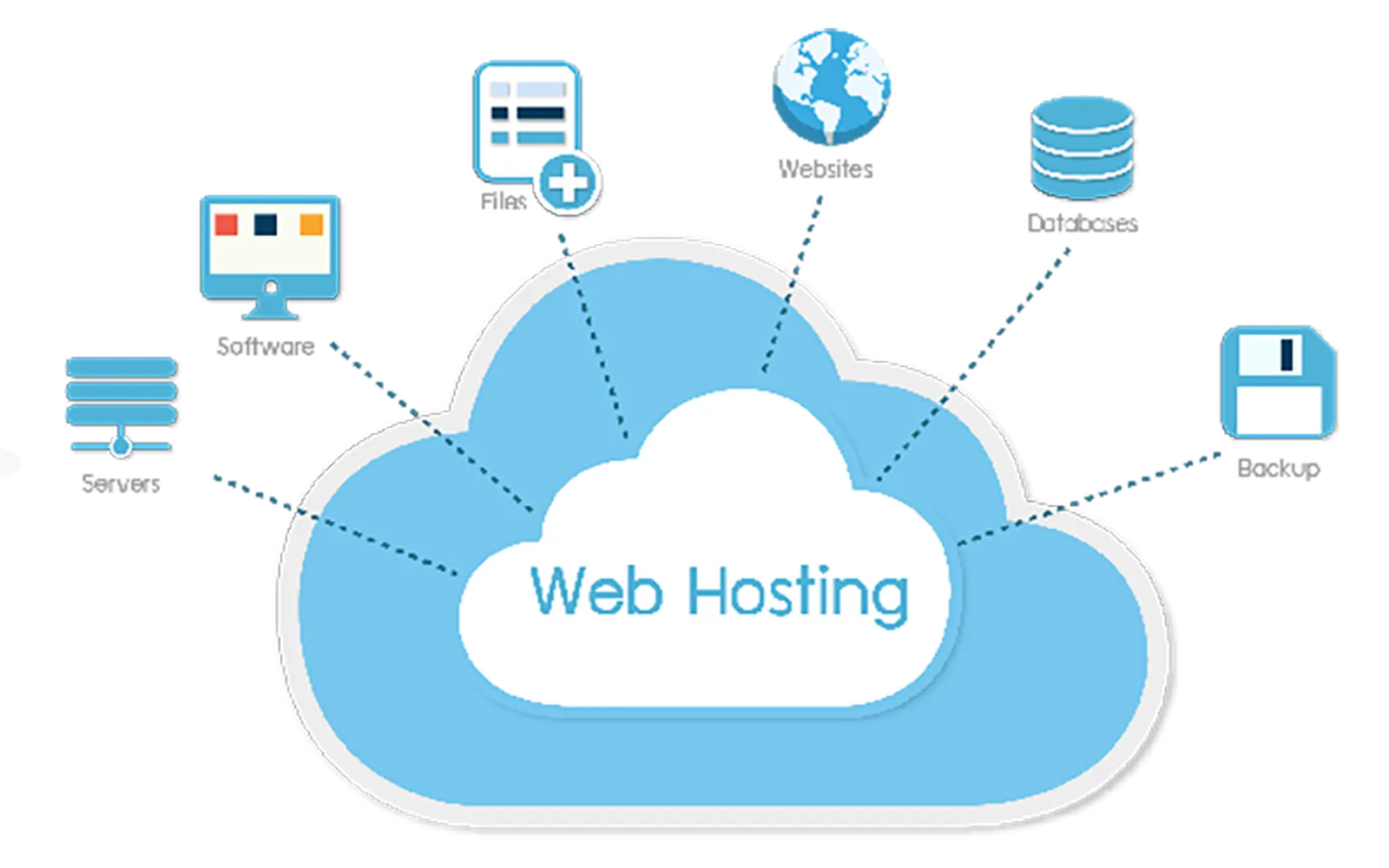Website Development Explained from Planning to Launch
Website development is the process of building and maintaining websites. It includes everything from creating a simple static web page to developing complex web applications, online stores, and content management systems. The process combines design, programming, and problem-solving to create digital experiences that are functional, user-friendly, and visually appealing.
Why Website Development Matters
In today’s digital world, your website is often the first impression customers get of your brand. A well-developed website:
- Builds credibility and trust
- Improves customer engagement
- Boosts search engine visibility (SEO)
- Increases conversions and sales
- Enhances user experience across all devices
Key Stages of Website Development
1. Planning and Strategy
This is where the foundation is laid. Key tasks include:
- Defining the purpose and goals of the website
- Identifying the target audience
- Creating a sitemap and wireframes
- Choosing the right platform (e.g., WordPress, Shopify, custom build)
2. Design
Involves creating the visual layout and user interface (UI):
- Selecting color schemes and typography
- Designing the homepage and internal pages
- Ensuring responsive design for mobile and tablets
- Using tools like Adobe XD, Figma, or Sketch
3. Front-End Development
This covers everything users see and interact with:
- Writing HTML, CSS, and JavaScript
- Building navigation menus, forms, and animations
- Optimizing for speed and accessibility
- Ensuring browser compatibility
4. Back-End Development
Handles server-side logic, databases, and integrations:
- Programming in languages like PHP, Python, Ruby, or Node.js
- Setting up databases (MySQL, MongoDB)
- Managing user accounts, form submissions, and content management
- Integrating third-party APIs (e.g., payment gateways, CRMs)
5. Testing and Launch
Before going live, testing ensures functionality and performance:
- Cross-browser and device testing
- Speed and performance checks
- SEO and metadata setup
- Bug fixes and security audits
Once approved, the website is deployed to a live server.
6. Maintenance and Updates
Post-launch support includes:
- Regular software and plugin updates
- Security patches
- Backup and uptime monitoring
- Content updates and feature additions
Popular Website Development Platforms
- WordPress – Best for blogs, portfolios, and business sites
- Shopify – Ideal for e-commerce stores
- Wix/Squarespace – Great for beginners and simple websites
- Custom Development – Offers full control and scalability
- Webflow – Combines visual design with powerful development tools
Essential Website Development Tools
| Category | Tools |
|---|---|
| Code Editors | VS Code, Sublime Text, Atom |
| Design Tools | Figma, Adobe XD, Canva |
| Frameworks | React, Angular, Vue.js |
| CMS Platforms | WordPress, Joomla, Drupal |
| E-commerce Platforms | Shopify, WooCommerce, Magento |
| Hosting Providers | Bluehost, SiteGround, HostGator, Netlify |
| Version Control | Git, GitHub, GitLab |
SEO and Website Performance
Good development goes hand-in-hand with SEO. Optimize your site by:
- Using semantic HTML
- Optimizing images and file sizes
- Implementing responsive design
- Ensuring fast load times
- Setting up proper meta titles, descriptions, and schema markup
- Creating a mobile-first experience
Benefits of Professional Website Development
- 🎯 Customization: Tailored to meet your business goals and branding
- 🧩 Scalability: Easily expandable as your business grows
- 🔐 Security: Professional-grade protection from threats and hacks
- 🚀 Performance: Fast load times, optimized code, and better SEO
- 💼 Credibility: Establishes professionalism and builds customer trust
Cost of Website Development
Website development costs can vary based on:
- Website type (blog, business, e-commerce)
- Complexity and features
- Custom design and integrations
- Maintenance and hosting needs
💡 Tip: A simple website may cost $500–$2,000, while a custom e-commerce or web app can range from $5,000 to $50,000+.
Conclusion: A Powerful Website Starts with Smart Development
Website development is more than just coding—it’s about creating a seamless user experience, aligning with business goals, and building a digital presence that grows with you. Whether you’re doing it yourself or hiring a developer, understanding the process helps you make better decisions and achieve long-term success online.
Frequently Asked Questions (FAQs)
Q1: Do I need to know how to code to build a website?
A: Not necessarily—platforms like WordPress and Wix allow you to build without coding, though custom development requires coding knowledge.
Q2: How long does it take to build a website?
A: Simple sites can take a few days to a few weeks, while complex web apps may take months.
Q3: Should I choose a custom-built website or a CMS?
A: CMS platforms are great for most businesses. Choose custom if you need unique features or scalability.
Explore

Everything You Need to Know About Web Hosting Services for Your Website

Top Online Master of Social Work (MSW) Programs and Degrees in 2024

Best Weight Loss Programs: Your Guide to Achieving Your Fitness Goals

Top 10 Affordable Master's Degrees in Business Analytics

Top 10 Best Online Paralegal Programs in 2024

Best Online MBA in Finance Programs 2024

Top 10 Best Online Medical Billing and Coding Programs in 2024

Top 10 Best Online Cybersecurity Degrees for 2024
